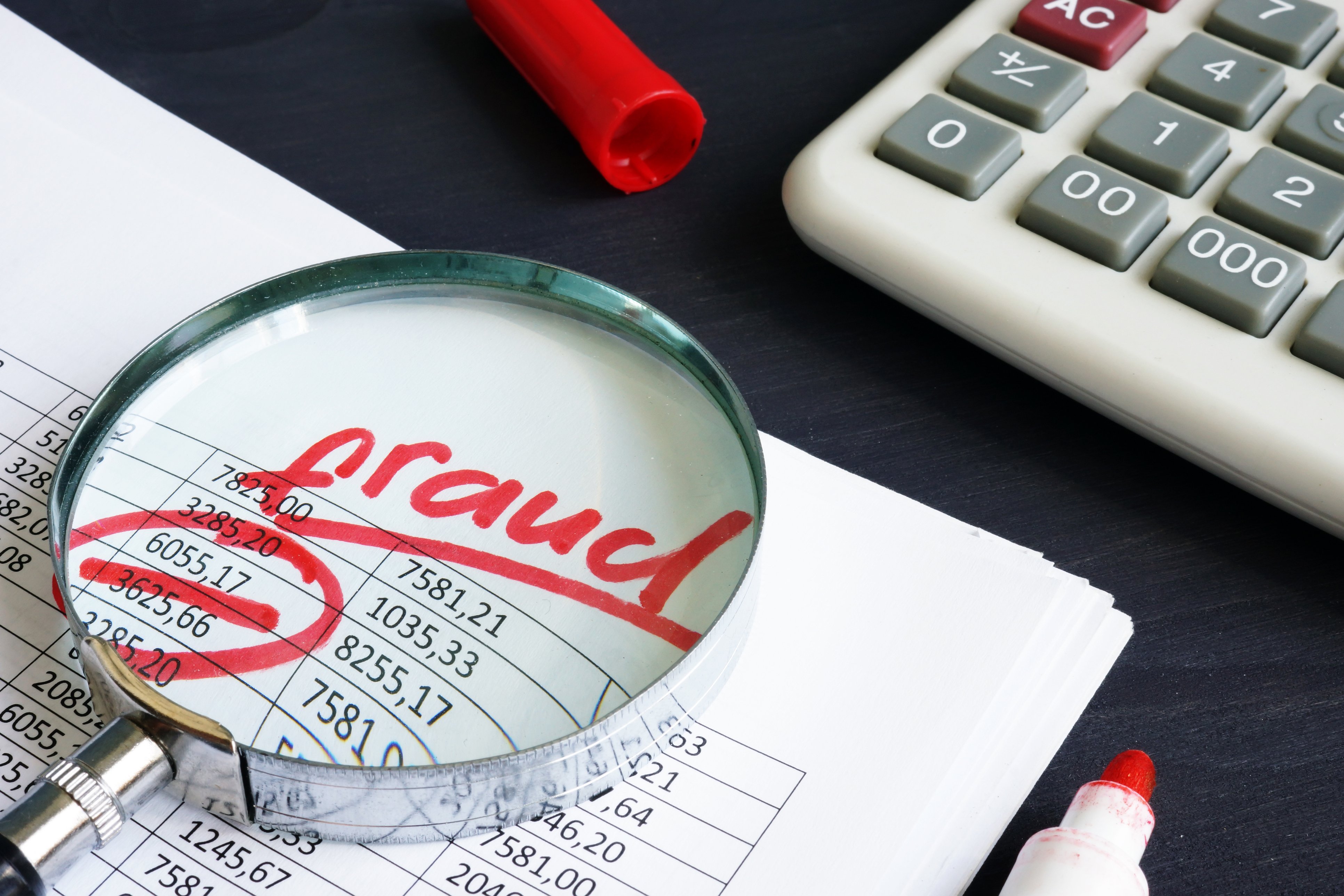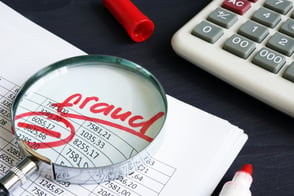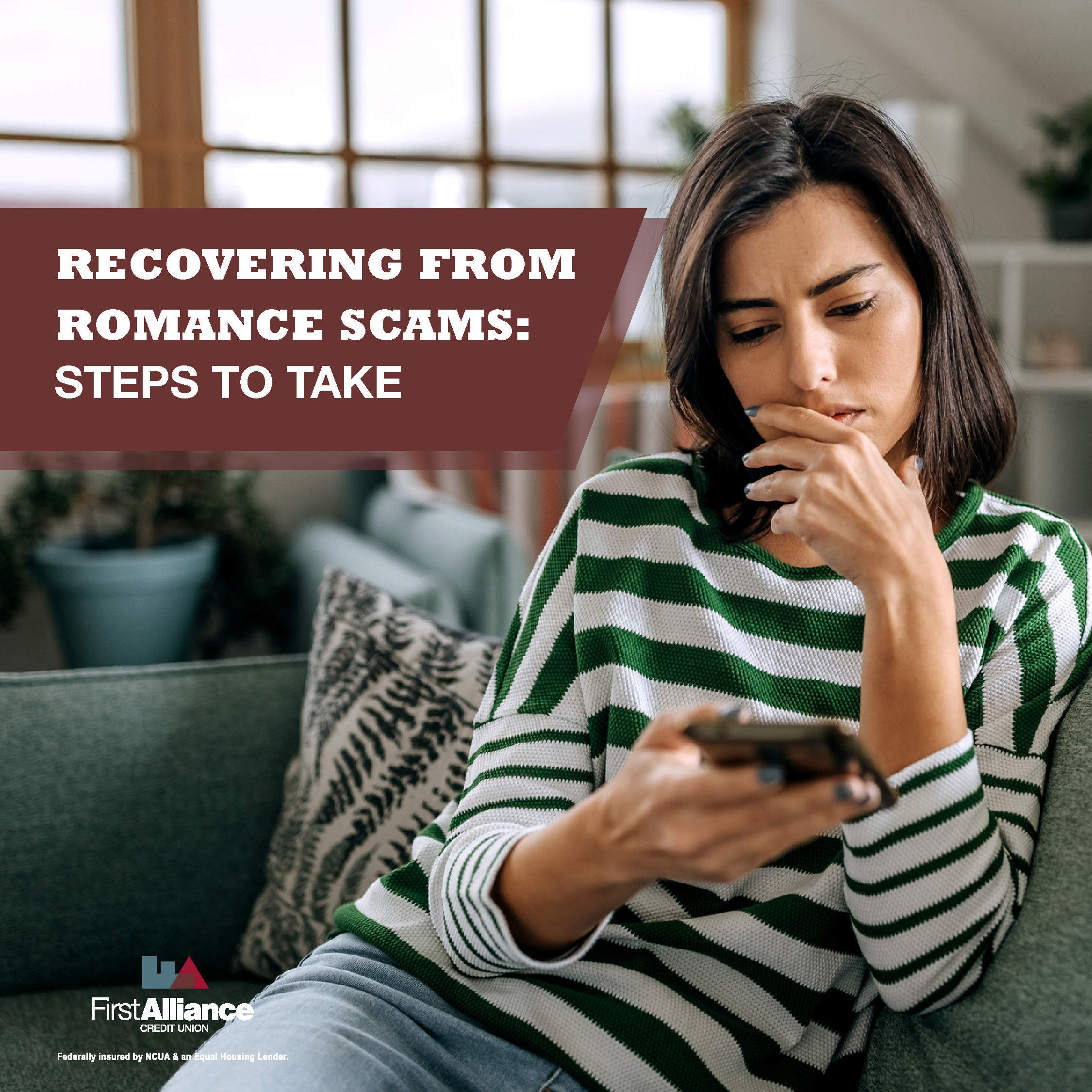10 Common Scams You Need to Know About and How to Avoid Them
You work hard for your money, and it’s important to protect it from the growing number of identity theft and financial scams out there. Fraudsters...
3 min read
 Chris Gottschalk
:
May 26, 2022 4:45:00 AM
Chris Gottschalk
:
May 26, 2022 4:45:00 AM

Thanks to the power of streaming media, almost everyone has heard about Anna Sorokin, aka Anna Delvey. For most of the 2010s, she lived in New York, posed as a European heiress and scammed everyone from financial institutions to friends out of hundreds of thousands of dollars. The Netflix series “Inventing Anna” almost makes her out to be a folk hero, someone who made herself into what she always wanted to be and infiltrated the one percent.
However, Anna Sorokin’s story is also about her victims and how they fell for her cons. When you watch the series, you can see how her victims ended up believing her—you also see how you can protect yourself from scammers.
I n the Netflix series, there are moments where one of her victims notices something about her that just doesn’t make sense, like the fact that she changed her last name or the fact that her credit cards were declined. In almost every instance, though, Anna convinces her victims that the red flags are not only nothing to worry about. Sometimes she even berates people for being suspicious in the first place!
n the Netflix series, there are moments where one of her victims notices something about her that just doesn’t make sense, like the fact that she changed her last name or the fact that her credit cards were declined. In almost every instance, though, Anna convinces her victims that the red flags are not only nothing to worry about. Sometimes she even berates people for being suspicious in the first place!
Don’t make the same mistake as Anna’s victims. If you’re in a situation where something doesn’t make sense, don’t ignore it. Instead, dig deeper and verify from a third party that the story you are being told is true.
One of the tactics Anna uses to get her way is to pressure people into making hasty decisions, like when she persuaded a member of her entourage, Rachel Williams, to use her company credit card to pay off the bill she incurred in Morocco. This is a favorite tactic of scammers everywhere, since the less time you have to think about a decision, the more likely you’ll do what a scammer wants you to do.
The only way to protect yourself against this tactic is to resist it. Say you need a day or two to think things over and be ready to face some backlash by the scammer, who will tell you you’re making the biggest mistake of your life by not acting now. This can be uncomfortable, but it gets easier with practice.
Of course, Rachel Williams didn’t travel to Morocco on her own. Anna flew her there, along with some other people, as part of her entourage on what seemed to be an all expenses paid trip. This was after Anna had lavished her with several expensive gifts previously, which led Rachel to believe that Anna would reimburse her.
While almost everyone loves getting gifts, especially nice gifts, remember that there’s no such thing as a free lunch. This doesn’t mean that people can’t be altruistic or generous, but if someone is offering you something for nothing, from free money to free iphones, you may want to think about whether the offer has any strings attached.
In one pivotal moment of the series, Anna applies for a $22 million loan from City National bank in order to start a foundation, claiming she has over 60 million euros in Swiss bank accounts. However, she can’t get the loan, because she can’t provide source of the Swiss accounts.
 It’s tempting to say that the lesson to be learned is that financial institutions have fantastic screening practices, but the real takeaway is that you need to verify someone’s claims if you’re not sure they’re telling the truth. If someone from your bank or credit union calls you, for instance, and wants some information relating to your account, don’t give it to them. Instead, contact your financial institution directly and find out if they tried to contact you.
It’s tempting to say that the lesson to be learned is that financial institutions have fantastic screening practices, but the real takeaway is that you need to verify someone’s claims if you’re not sure they’re telling the truth. If someone from your bank or credit union calls you, for instance, and wants some information relating to your account, don’t give it to them. Instead, contact your financial institution directly and find out if they tried to contact you.
This might be the most important lesson to learn when avoiding scammers. If you’re not sure about whether someone is telling you the truth, make sure you independently verify what they’re telling you. Scammers rely on people not verifying what they say, and when you do their story tends to fall apart.
Anna Sorokin proved that anyone can be scammed. However, if you pay attention to red flags, verify people’s claims and don’t get pressured into decisions, you’ll be able to avoid most scammers.
You can also protect yourself from scammers by taking advantage of the tools and resources First Alliance Credit Union offers to help avoid scams. The First Alliance mobile app with the MyCards feature, for instance, lets you limit the geographical area in which you can use your cards, the dollar amount of purchases and even the types of businesses where you can use your cards. You can also contact a First Alliance member experience advisor if you believe you have been the victim of a scam, and they will help you to mitigate any damage.

.jpg)
You work hard for your money, and it’s important to protect it from the growing number of identity theft and financial scams out there. Fraudsters...

In the digital age, finding love online has become increasingly common. However, with the rise of online dating comes the unfortunate increase in...

You’re probably aware of the numerous ways scammers try to con money out of victims through the Internet. What you may not know, though, is that in...